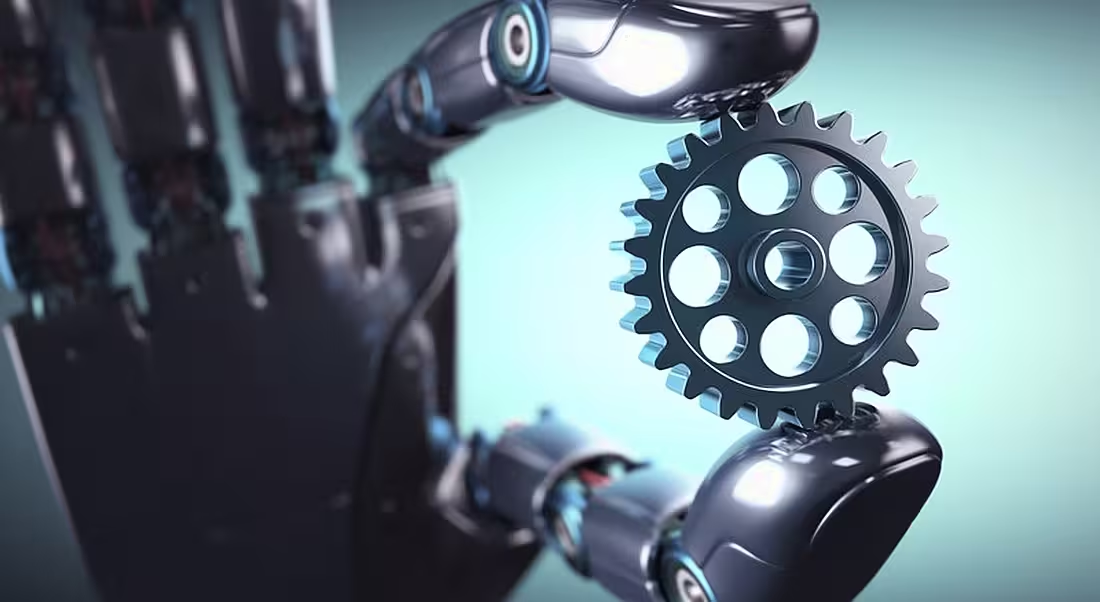Bill Gates proposes a tax to compensate humans for robots taking their jobs.
Microsoft co-founder Bill Gates said that robots and automated machines that cause a loss in human jobs should be taxed.
Gates, the world’s richest man and also a strong proponent of AI and automation, believes a robot tax could be used to finance jobs taking care of the elderly or teaching kids in schools.
His suggestion is quite similar to a proposal put to the European Parliament to tax robot owners so that workers who lose their jobs to automation can be retrained. That proposal to regulate the rise of robots was rejected by the European Parliament last week by 396 votes to 123.
Are robots friends or foes?
Ultimately, the battle lines are being drawn between those who believe robots will steal jobs and those who believe automation and the use of robots could create new jobs.
Meanwhile, global shipments of industrial robots rose 15pc in 2015, with revenues surging to $46bn, according to IFR.
In an interview with Quartz, Bill Gates said that if the robots are coming for jobs, it would be only fair that they pay taxes too.
“Right now, if a human worker does, you know, $50,000 worth of work in a factory, that income is taxed. If a robot comes in to do the same thing, you’d think that we’d tax the robot at a similar level.
“You ought to be willing to raise the tax level and even slow down the speed” of automation, Gates argues.
He cited the field of warehouse work as one of the categories where robots will replace humans.
The pace of robot job growth at e-commerce giant Amazon is slightly ahead of human job growth, for example.
Amazon revealed that it now has 45,000 robots across 20 fulfilment centres around the world.
This is a 50pc increase on the same time last year, when the company said that it employed 30,000 robots alongside its 306,000 people.
Amazon has seen its own human workforce grow by around 46pc in the 2016 calendar year.
Whether this holds steady or the robot armies accelerate, it might be wise for policymakers to once again consider Gates’s proposal and tax the robots.




